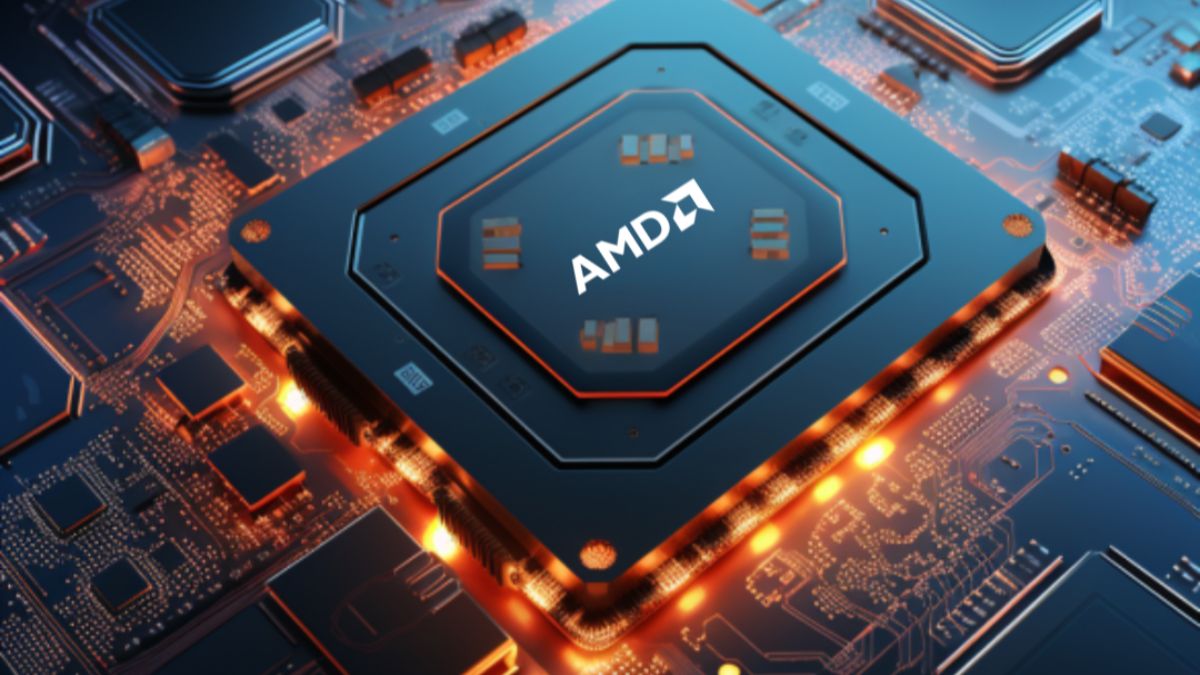US semiconductor company Advanced Micro Devices (AMD) is struggling to get US regulatory approval for artificial intelligence products to be imported into China, Bloomberg reported on Tuesday.
The chip was developed by AMD to comply with US export restrictions and has lower performance than its higher-end products, but is not recommended for sale in China because it is not recommended by the Department of Commerce. Having advanced features. allowed.
As a result, AMD now faces the requirement to obtain an export license from the Department of Commerce’s Office of Industry and Security.
Neither AMD nor the Securities and Exchange Commission immediately responded to CNBC’s request for comment.
The US government has banned the sale of advanced semiconductor products to China due to national security concerns. Despite these restrictions, American companies continue to offer less technology to the Chinese market without a license.
AMD’s products include chips used to build and train artificial intelligence models; This raises concerns among US officials about Beijing’s military use.
In response to export controls announced by President Joe Biden’s administration in 2022, artificial intelligence company Nvidia announced plans to sell modified replacements of its premium smart chips to comply with US restrictions. But the chips faced restrictions in October, when the US expanded the restrictions to include other technologies and chips deemed capable of circumventing regulation.
Nvidia later updated its products to meet the revised restrictions in the Chinese market.
to the ban, AMD had a smaller share of China’s smart chip market compared to Nvidia. However, the company has increased its focus on artificial intelligence and developed the MI300 product to compete with Nvidia’s GPU products.
Despite competitive sales in China, Nvidia and AMD face significant market costs. The demand for artificial intelligence technology continues. In the past year, Nvidia’s stock price has increased by more than 250%, while AMD’s stock price has increased by more than 150%.
Chinese technology companies such as Tencent are reportedly collecting high-end chips from Nvidia, but Huawei, under US sanctions, has reportedly stopped investing in domestic chip production to reduce the impact of US restrictions on its activities. .
The policy issues facing AMD reflect the semiconductor industry’s complex operations in a crisis environment on the ground, weighing technological progress against national security concerns.


